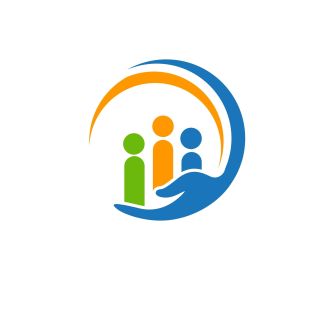Addiction
Do's and Don'ts to help a person with an addiction
Do's and Don'ts for Families
Updated August 12, 2023 Reviewed by Lybi Ma
Key points
- Addiction is a relapsing disorder, don't go it alone.
- Family support can help in prevention and recovery.
- People in relapse do better when they have the help of others.

Addiction upends the lives of family members, close friends, and co-workers, not only the person using drugs or alcohol. Family support is critical to long-term success in recovery from a substance use disorder.*
Here are some dos and don’ts:
Do support every effort at recovery. Offer to go with your loved one to 12 Step meetings. Ask how the drug is helping because people use psychoactive substances for a reason, like physical or mental pain, or trauma too. It’s not the best of solutions, but likely is the best solution they have found so far. You may also learn more about how to support a loved one in a family support program, such as Al-Anon, or Nar-Anon, for drugs other than alcohol.
Don’t get into fights. When you feel exasperated and furious, and you are losing someone you care about to drugs, it’s very possible you will raise your voice, yell or scream, and go head to head. Don’t. Every fight drives a person with an addiction farther from the support they need, namely you.
Do have meals together, no TV or texting. Go for walks (great for talking without looking at each other). Say what you are seeing. For example, your friends don’t seem to be calling, you are losing weight or sleepless. What you are observing, not what you are feeling.
Don’t ever give up hope. Many studies have proven people recover from addiction, by many a path. But we are not (yet) very good at knowing when that will happen. Don’t give up, because it may be too soon. Do (again) find your inner strength and resilience. Especially at times of relapse when demoralization and hopelessness can prevail, in a person with a substance use disorder and you as well. And other family members, friends, and therapists too. Addiction, by definition, is a chronic relapsing disorder. It will happen. When it does, find inside you what you have before to stay the course again.
Don’t borrow money or second mortgage your home to pay for another fancy, expensive, rehab center that promises a cure but instead picks your pockets until they are empty; then they turn their backs on you.
Don’t go it alone. We know people with any chronic illness—medical, mental health, and substance use disorder—do better when they have the help of others, including family and peer support.
Do find others, like family, friends, co-workers, and support groups, who have been where you are now. Who are frank and supportive. They share the same problems you do. You can help one another when the going gets rough. You can give, and you can get, help—a combination that serves everyone involved.
*Our mental health and addiction systems are broken: access is limited, delayed for weeks to months, or not at all; quality is uneven; and cost is often prohibitive. But families are not.
Families can provide the greatest and most enduring support both for those in substance use disorder treatment as well as those waiting in line.
References
Kelly JF, Greene MC, Bergman BG, White WL, Hoeppner BB. How Many Recovery Attempts Does it Take to Successfully Resolve an Alcohol or Drug Problem? Estimates and Correlates From a National Study of Recovering U.S. Adults. Alcohol Clin Exp Res. 2019 Jul;43(7):1533-1544. Epub 2019 May 15. PMID: 31090945; PMCID: PMC6602820
The Family Guide to Mental Healthcare. L. Sederer.
When Mental Illness Enters the Family, TEDx Albany January 6, 2015.


